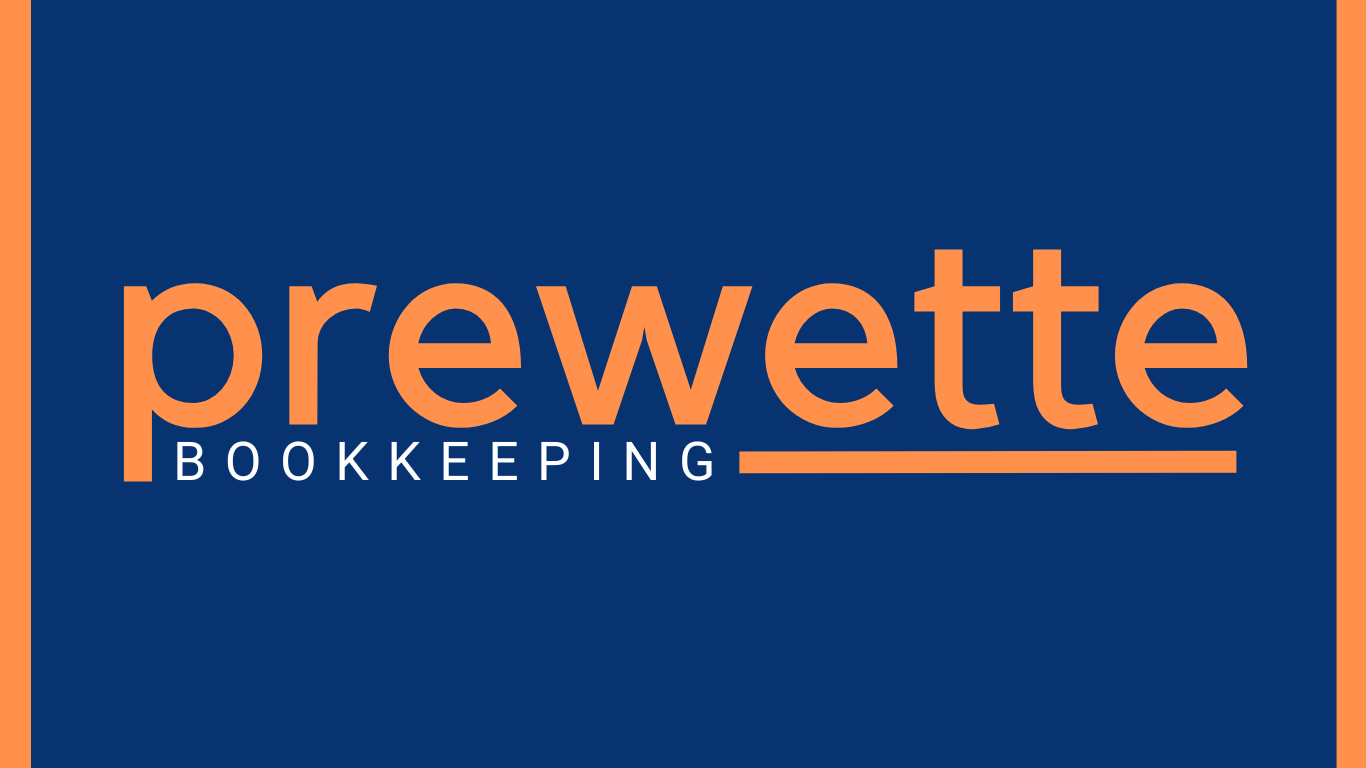When it comes to managing your business finances, it’s easy to get confused about who does what. You’ve probably heard the terms bookkeeper, accountant, and CPA used interchangeably, but they each play a unique and important role in your business’s financial health. Understanding the difference between these professionals can save you time, money, and stress and help you hire the right expert for your needs.
Let’s break it down.
What Does a Bookkeeper Do?
Think of a bookkeeper as the foundation of your financial house. They handle the day-to-day recording and organization of financial transactions so that your books are accurate and up to date. Common bookkeeping tasks include recording income and expenses, reconciling bank and credit card accounts,
managing accounts payable and receivable, tracking payroll, categorizing expenses for tax time, and producing basic financial reports like the Profit & Loss statement and Balance Sheet. In short, a bookkeeper keeps your financial data organized and ready for decision-making (and for your accountant or CPA to review later).
When to hire a bookkeeper?
If you’re spending too much time managing receipts, bank statements, or QuickBooks instead of running your business, it’s time to bring in a bookkeeper.
What Does an Accountant Do?
An accountant takes your financial data a step further. They analyze what your bookkeeper records and help you understand what the numbers actually mean. Accountants typically handle preparing adjusting entries, analyzing financial statements, providing management and performance insights, preparing budgets and forecasts, and offering guidance on financial strategy and tax planning. In short, an accountant interprets your financial data and helps you make smarter business decisions.
When to hire an accountant?
If you need help understanding profitability, cash flow, or growth opportunities, or want more strategic advice, an accountant is a great resource.
What Does a CPA Do?
A Certified Public Accountant (CPA) is an accountant who has passed the CPA exam and is licensed by their state. CPAs have specialized training and legal authority in certain areas, especially tax preparation, audits, and financial compliance. CPAs often handle filing complex tax returns, conducting audits and assurance services, representing clients before the IRS, and offering high-level financial and tax consulting. In short, a CPA provides advanced expertise, especially when it comes to tax law, compliance, and strategic financial planning.
When to hire a CPA?
If you’re being audited, need tax representation, or have complex business structures or compliance requirements, a CPA is the professional you want in your corner.
So Who Do You Really Need?
For most small business owners, the best financial setup looks like this:
- A bookkeeper keeps your financial data accurate and organized throughout the year.
- An accountant reviews that data periodically to help you make smart financial decisions.
- A CPA steps in when you need advanced tax planning or representation.
Many businesses start with a bookkeeper because without clean, accurate books, even the best accountant or CPA can’t do their job effectively.
The Bottom Line
You don’t have to choose just one. Each plays an important role in your financial success, but your first (and most consistent) partner should be a bookkeeper who understands your business and keeps your numbers in order year-round.

